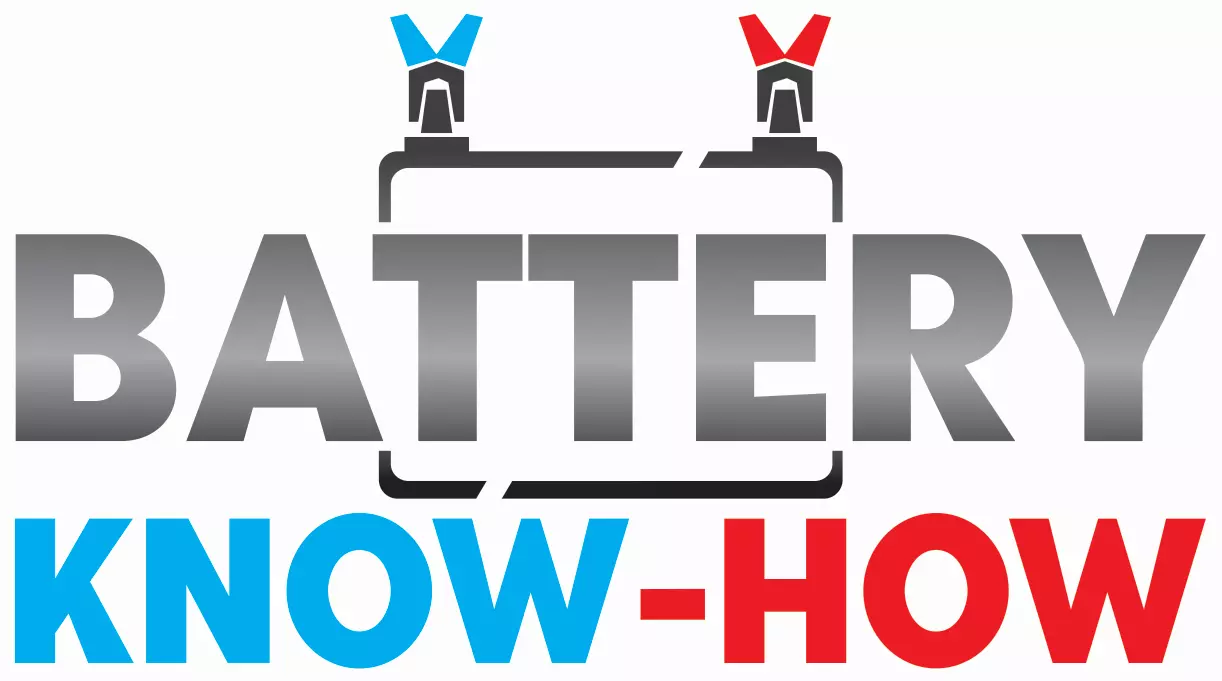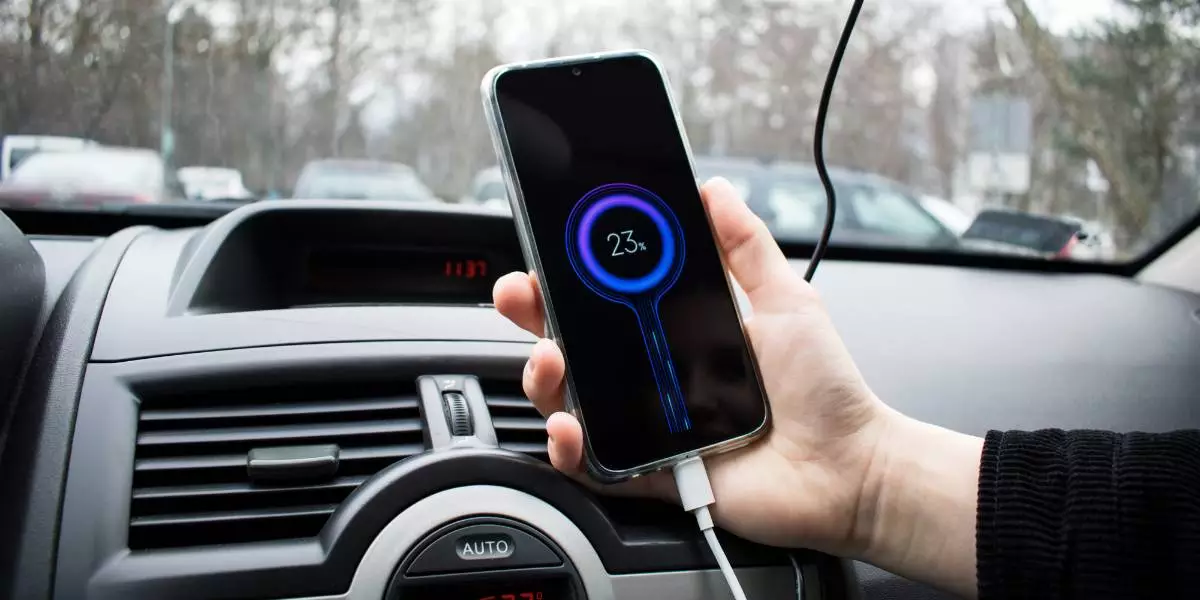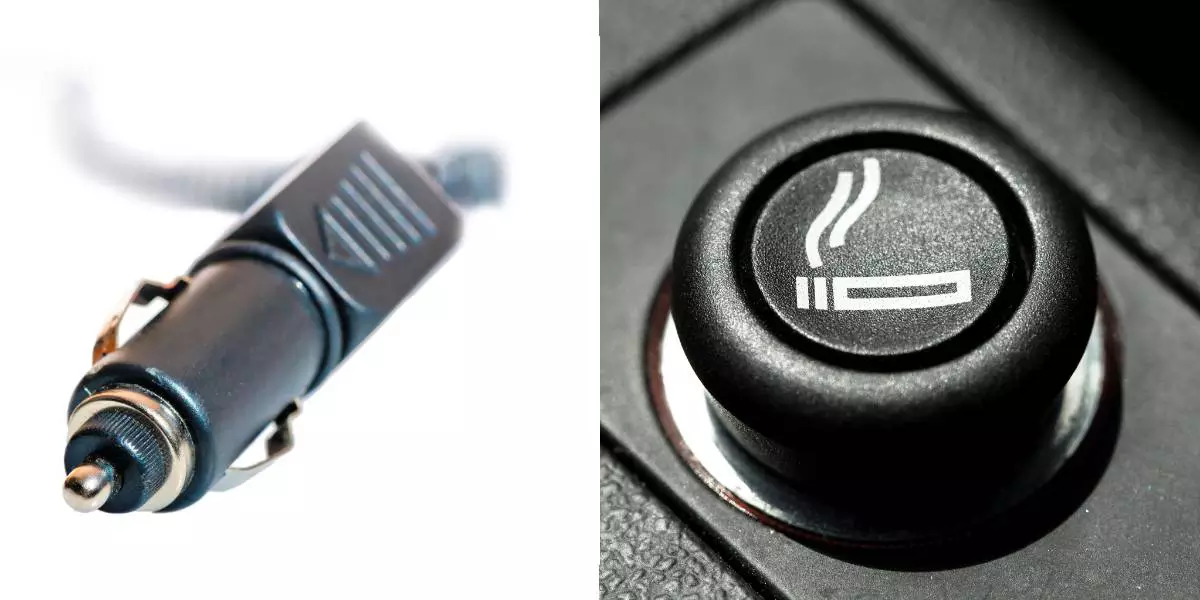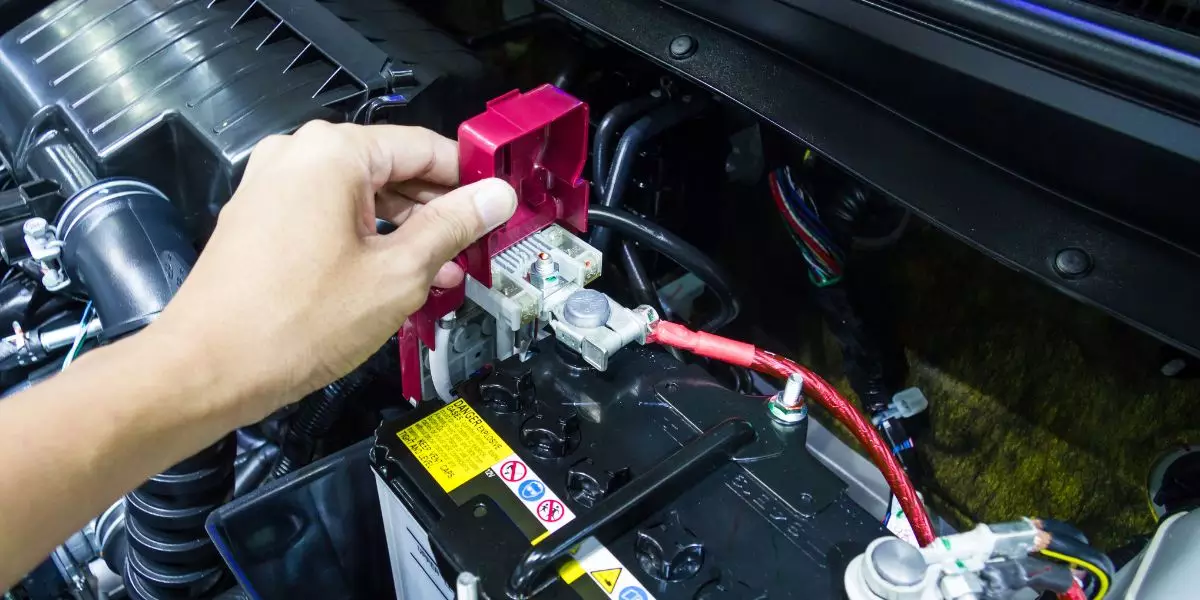Living the RV life means that you’ll spend a lot of time around batteries and fuel-powered generators. But what if you need to charge your RV batteries, and all you have is a propane generator? Will that process use a lot of your limited propane?
Yes, charging RV batteries takes hours and uses a lot of propane. So, propane is not the most efficient fuel for recharging batteries. Instead, you’d be better off using a diesel or natural gas generator or solar panels if you have them. However, using your propane to charge that battery will be worth it in emergencies.
Keep reading as we dive into what it takes to use propane to charge RV batteries and how you can make the process as efficient as possible.
Do You Need Lots Of Propane To Recharge Your RV Battery? (Short Answer)
The short answer is yes. You will need a significant amount of propane to recharge your RV battery. Here are three quick things you must know:
- Recharging RV batteries using a generator can take anywhere from 2-10 hours, depending on the battery’s charge level.
- A typical propane generator burns 2-3 pounds of propane an hour. So, you can expect to burn up to 30 pounds of propane just to recharge your RV battery.
- Propane is also used for other purposes in your RV, like heating water, powering the stove, the fridge, and more.
With all of that in mind, it’s clear that emptying your propane tanks to recharge your RV batteries is not a practical solution. Doing so will mean you’ll have less propane for all other RV functions. Of course, that’s unless you’re willing to carry much more propane in your RV at all times.
Still, you can use a propane generator to recharge your RV batteries in an emergency. But for day-to-day charging, it’s best to use other methods.
Your propane is needed much more elsewhere.
Pros And Cons Of Charging RV Batteries Using Propane
Let’s be clear on one thing: using your propane generator to recharge your RV battery is not the most efficient option available. But, if you’re in a situation where it’s your only way of charging the battery, then using a generator will get the job done.
However, before you decide to do that, you must know about the benefits and drawbacks of using propane to recharge your RV batteries.
Pro: You Probably Already Have A Propane Generator
First and foremost, there’s an excellent chance that you already have a propane generator with you. After all, many of your RV’s components run on propane, so it would also make sense to have a portable generator that runs on the same type of fuel.
Since you already have a propane generator and propane fuel, you won’t have to invest in additional equipment to charge your RV battery. That is, of course, except for investing in the charger that connects the generator to the battery.
Cons: You Need To Ration Your Propane For Other Uses
But wait! There’s a critical drawback here. Right now, you’re probably carrying a limited amount of propane on board as it is. So, if you use up that propane fuel to charge your RV battery, you’ll have even less fuel leftover for other things like your shower, stove, and fridge.
Worse yet, carrying extra propane tanks for this purpose is not a practical solution. Your RV has limited space, and you don’t want to carry too much excess weight on your travels.
Pro: Feasible Backup Solution For Recharging Batteries
On the other hand, as mentioned before, using propane to charge your RV batteries is acceptable as a backup solution.
Imagine this scenario: you’re parked somewhere there is no shore power you can use to recharge your battery. On top of that, it’s nighttime, and your solar panels aren’t producing any charge.
In these kinds of conditions, charging your RV battery using propane would make perfect sense. However, we’re saying that you shouldn’t make propane your primary method of charging those batteries; save that fuel for emergencies only.
Cons: Propane Is Less Efficient Than Other Fuels
Even if you have all the propane fuel in the world, relying on it to charge your RV battery is still not a good idea (except for emergencies).
The reason for that is pretty straightforward: unfortunately, propane as a fuel isn’t as efficient at generating power when compared to natural gas or diesel. In other words, it takes much more propane to recharge your battery than compared to natural gas or diesel.
So, even though we sound like a broken record at this point, it’s important to remember that propane charging is only suitable for emergencies. If you must use a generator, you’re better off with a diesel or a natural gas one.
How To Make The Most Of Charging An RV Battery With A Propane
As we saw earlier, charging your RV batteries using propane isn’t the most efficient option. Still, you can take a few steps to maximize that charging process and make the most of what you have.
Here are three ways you maximize charging your RV battery with propane:
Fuel Up The Generator
First and foremost, make sure that your generator has all the fuel it needs to charge that battery up to full. That means, wherever possible, use the largest and fullest propane tank that you have with you.
Remember: it’s going to take at least a few hours for that propane generator to recharge your battery. So, it would be very inconvenient and unproductive if that charging process had to stop halfway to switch the empty propane tank with a new one.
By using the largest and fullest propane tank you have, the generator can run uninterrupted until that battery is fully charged again.
Clean The Battery’s Contacts
At the same time, you’ll want to inspect your RV battery before you connect it to the charger. As you might already know, the contacts on RV batteries can sometimes be dirty or even corroded. After all, most people don’t think they need to clean them regularly.
Well, since you have the battery out anyway, now would be the perfect time to do that. Not only is this an opportunity to perform maintenance on those contacts, but doing so also helps to form a stronger connection when you attach the charger to them.
It won’t take long, and it’s not that challenging. Just blow away any leaves or debris you see around the battery contacts or clean it off with a brush.
Disconnect All Draining Devices
When recharging your battery, you must disconnect everything attached to it, no matter how small the appliance or device might be. That way, you can rest assured that the battery is not discharging a single bit of power as you recharge it using the propane generator.
Of course, this isn’t always possible. For instance, it might be dark where you are, and you need to power a lamp.
Well, try your best anyway. The less power is discharged from the battery, the faster it’ll charge back up to full capacity.
Bottom Line: Should You Charge RV Batteries Using Propane?
So, what’s the bottom line? Well, we’ll repeat it: you should not charge your RV batteries using propane if you can avoid it. The reason is straightforward: it uses up a lot of precious propane and is therefore not the most efficient way to recharge the battery.
Plus, it’s not even the most efficient use of your limited propane fuel, to begin with. Remember: you also need that fuel to power your stove, fridge, and shower.
But suppose you’re in an emergency, and it can’t be avoided. In that case, you’ll find that a propane generator will undoubtedly be the lifesaver that gets that battery up and running again.




